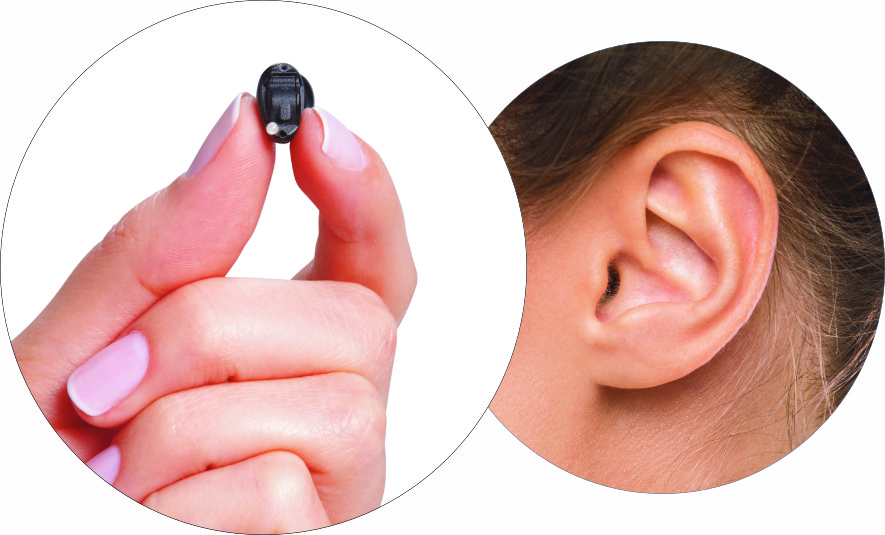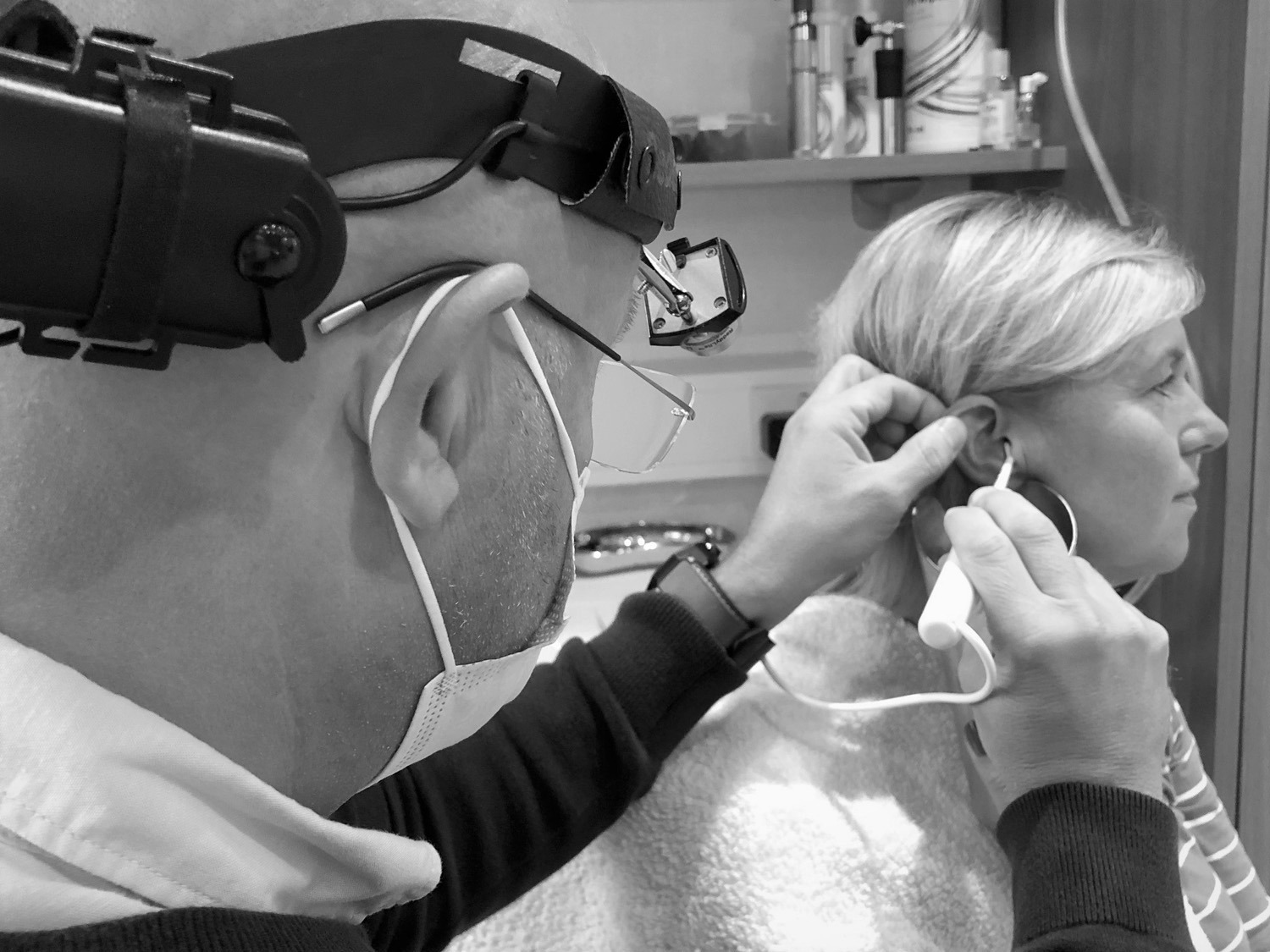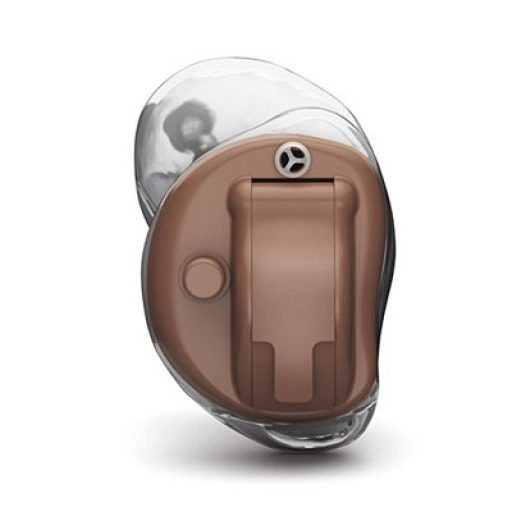
Your Local Hearing Specialists
Why choose us?
Get a free hearing test with one of the UK's best hearing care specialists

Book a FREE hearing test

FREE online hearing test

Find your nearest clinic

Free Hearing Aid Trial
FAQ's about hearing aids
What does a hearing aid do?
How common is hearing loss?
Hearing impairment affects many people at different stages of their lives. 55% of people over 60 years of age have some degree of hearing loss, rising to over 70% of people by the time they reach 70 and 93% of people 81 years and older.
This shows that if your hearing is deteriorating it isn’t unusual at all. Hearing loss can affect your quality of life and it’s never too late to do something about it, so if you have any concerns book an appointment for a free hearing test and talk to one of our qualified hearing aid audiologists who will be happy to help.
What causes hearing loss?
Most hearing loss is caused by the ageing process, however regular exposure to loud noises, heredity, and some illnesses can also cause hearing loss. Around 90% of all cases of hearing loss are because the microscopic hair cells in the cochlea (or inner ear) become damaged which limits their ability to detect soft, higher frequency sounds and means that they cannot send a complete signal to the brain. As a result, it becomes difficult to understand the consonants that allow us to understand speech. Also see How our hearing works and Types and causes of hearing loss.
What are the hearing loss symptoms?
The first sign of hearing loss is a difficulty in hearing certain sounds or tones clearly. For example, you may be unable to distinguish similar sounding words or hear higher pitched voices, such as those of children. Other signs include difficulty with cross-conversations, hearing at a distance such as in meetings, listening to the TV or radio, or hearing in large buildings where there may be echoes such as in churches or auditoriums. Also see Take our online hearing questionnaire and causes of hearing loss.
Why I have hearing problems with background noise?
There may be many reasons for difficulty in discriminating speech from background noise and this is usually an indication of Sensorineural hearing loss. A hearing assessment will reveal the cause of this problem and properly prescribed and fitted hearing aids will normally provide significant improvement. Also see Types and causes of hearing loss.
Why does hearing change with age?
It is generally accepted that a loss of hearing in old age is quite common. our hearing worsens with age. Not only have older people’s auditory system been exposed to noise for many years but also, as we age, all our facilities deteriorate, including our hearing. A free hearing test will quickly establish if you do have a hearing loss an age related hearing loss and our hearing aid audiologist will then be able to recommend suitable aids to improve your hearing. Regular hearing tests and Aftercare will ensure that any deterioration in your hearing is picked up quickly so that your hearing aids always provide you with the best possible hearing improvement.
Also see Take our online hearing questionnaire.
What is 'hearing loss'? What is 'deafness'?
‘Deafness’ usually implies a severe or profound hearing loss that only affects a minority of the hearing impaired population.
‘Hearing loss’ is the general term to describe a lower ability to hear sounds than the average person. Unlike deafness Hearing loss can be treated by amplification or hearing aids.
Can hearing loss be reversed?
- Central hearing loss, this is caused by damage to the auditory nerve or hearing centres. Sound waves are transmitted normally through the ear, however, the auditory nerve may not be able to send the electrical impulses to the brain, or the hearing centres of the brain may not receive the signals correctly. Typical symptoms may be detecting sound but not being able to understand or process it.
- Sensorineural hearing loss is the most common type of hearing loss seen in adults, typically due to age or significant ongoing noise exposure. It cannot be reversed, although in very rare cases it may fluctuate to some degree. Hearing aids are the only intervention to improve sensorineural hearing loss.
- Conductive hearing loss is a lot less common in adults and may cause temporary or fluctuating hearing loss which may totally or partially resolve. A hearing test will reveal the degree and nature of the hearing loss, and in some cases will prompt a referral to your GP or even onwards referral to an ENT specialist for further investigation.
How much do hearing aids cost?
Will hearing aids help tinnitus?
Do hearing aids help vertigo?
Subscribe to our Newsletter
Sign up to our newsletter and be kept up to date with our latest news and seasonal offers
Mrs Duncan
Galton Blackiston on Custom Hearing Protection from Sound Advice Hearing
I am so glad that I took the plunge to see if I could do something about my poor hearing.
Mr. Ulph
Jeff D
Neil
Crosby
Mrs D Brooks
Mr. G. Banks
Mr. R. Cox
A Pride
Ellen Hickey
Our Hearing Aid Audiologists

